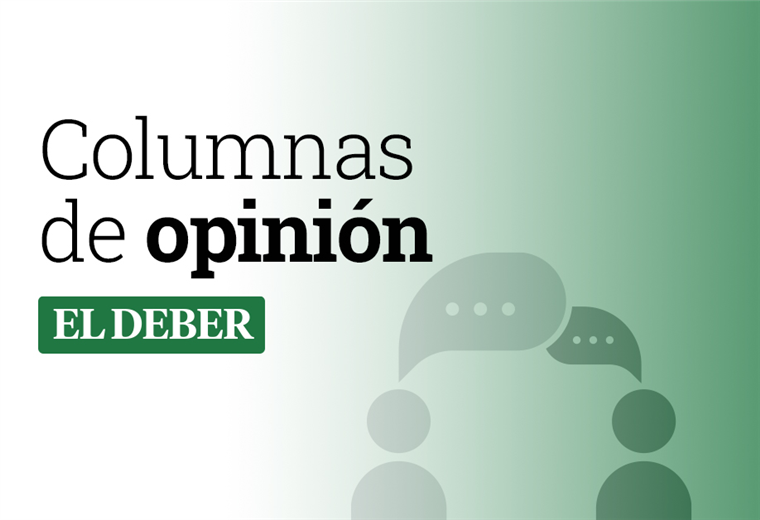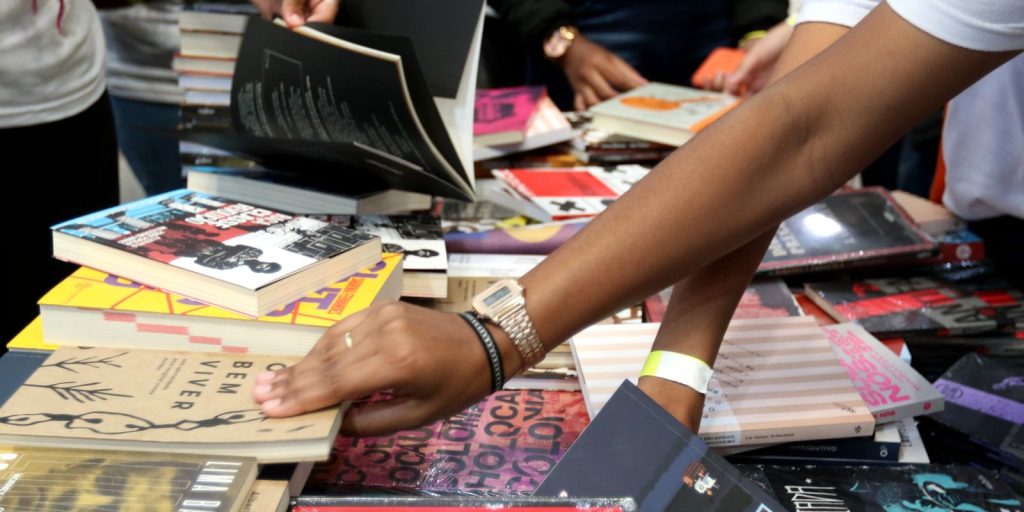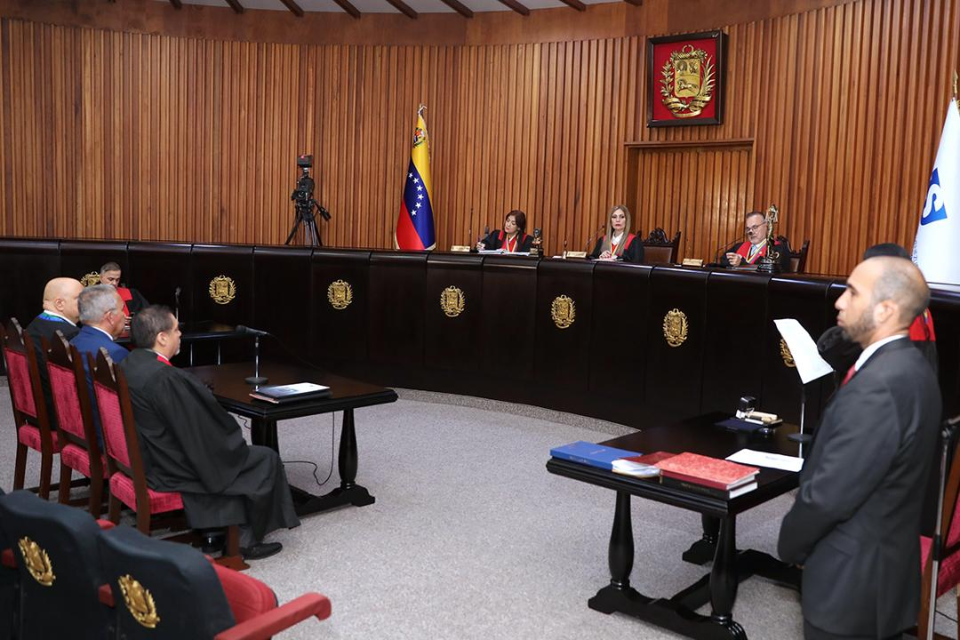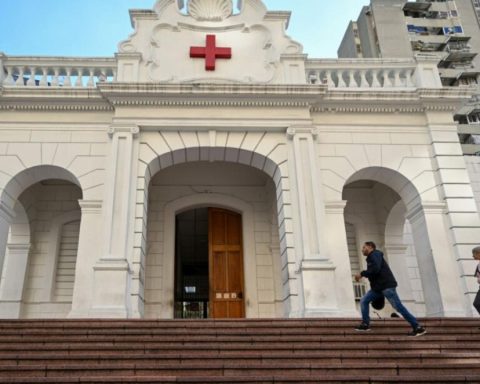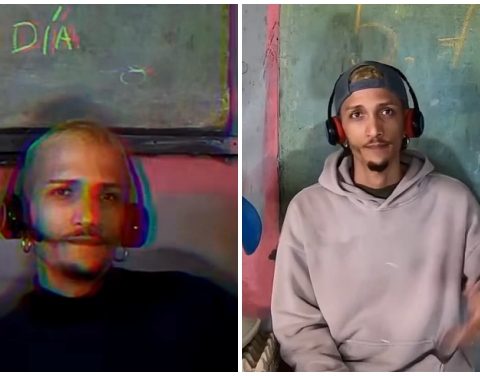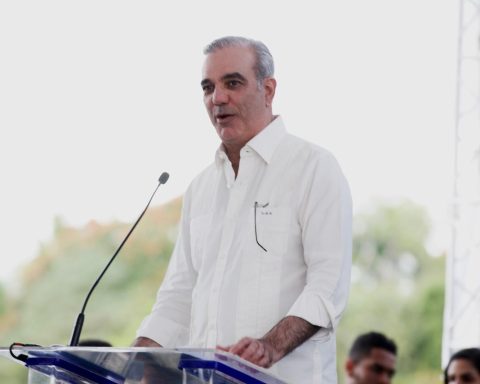Historian Sayuri Loza mentions Carlos Sempat Assadourian and José Luis Roca as two of the authors who admit that Bolivia would not have existed without the silver from Cerro Rico in Potosí. “Before the Republic, before there was Bolivia, there was already a sense of identity that was grouped around Potosí. The Real Audiencia de Charcas was created from Potosí. La Paz was founded to link Potosí with Lima and many examples can be given in this regard,” she says.
And any self-respecting scholar of history will find this evidence: due to the silver deposits of Potosí, the city of La Plata, today Sucre, was founded as an intermediate station towards the land of the Qaraqara, where the legendary mountain was. Yes. The Spaniards who set out south of Cuzco under the command of Gonzalo Pizarro were looking for Cerro Rico because Atahuallpa had revealed its existence to Apu Francisco, the conquistador. This was a discovery that Juan Francisco Bedregal Villanueva published in 2013.
Therefore, the fact is nothing new. Foreign historians are the ones who know it best and, therefore, have published it in this way. The problem arises when we, the people of Potosí, repeat it because, then, we are accused of being chauvinists, patriots and regionalists. It happened to me on August 6th, when I published that “without Potosí there would not have been Bolivia” on my Facebook account and I added several comments against it. They even accused me of being disrespectful, for referring to the subject right on the national anniversary.
But if we don’t address the issue now, when there is less than a year left for the bicentennial, when are we going to do it? Beyond history, foreign trade data reveal that we now export more minerals than natural gas, so a large part of the money that enters the State Treasury comes from royalties generated by mining. In other words, we have returned to the situation that existed in the first years of the Republic: Potosí is the main economic support of the country, but saying that is earning boos.
In previous years I have already published that Potosí is like the older brother of a poor family that had to work to support and educate its younger ones, and thanks to that, some of them finished university degrees and prospered with their degrees. Now, the older brother is weak and sick and expects those he supported to give him back a little. The analogy was of no use because the rest of Bolivians do not want to even know about compensating Potosí. To top it off, they get angry if you bring up the subject.
After the official results of the census are known, our brothers will push for more seats, at the expense of ours.
And so we will reach the bicentennial.
